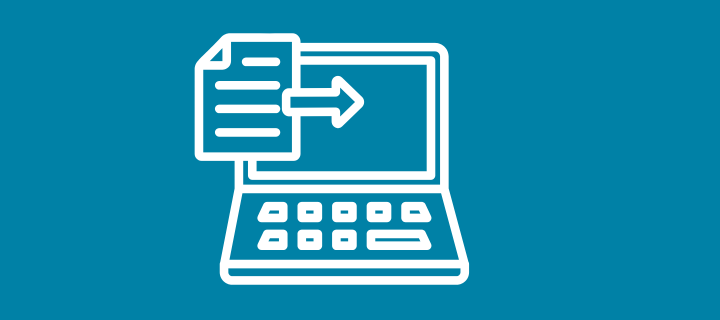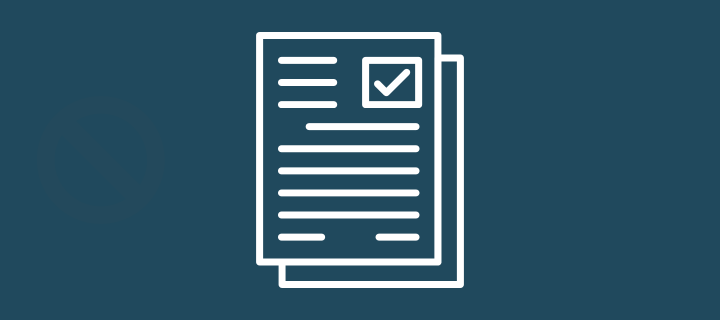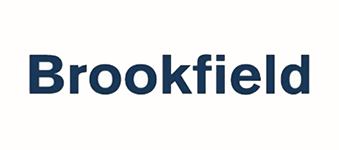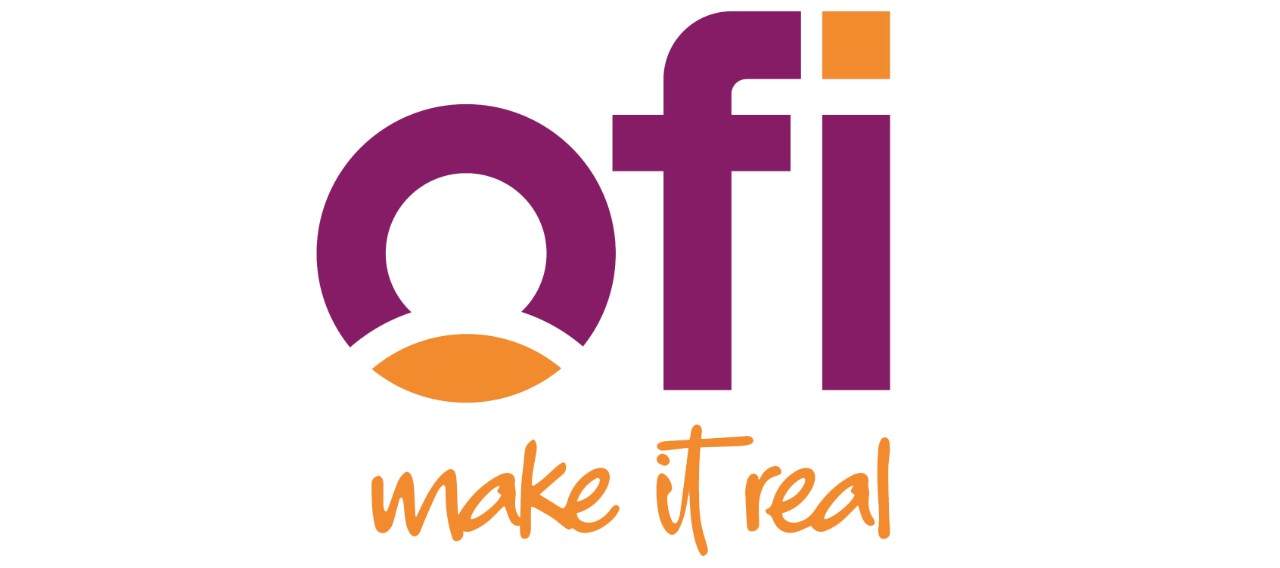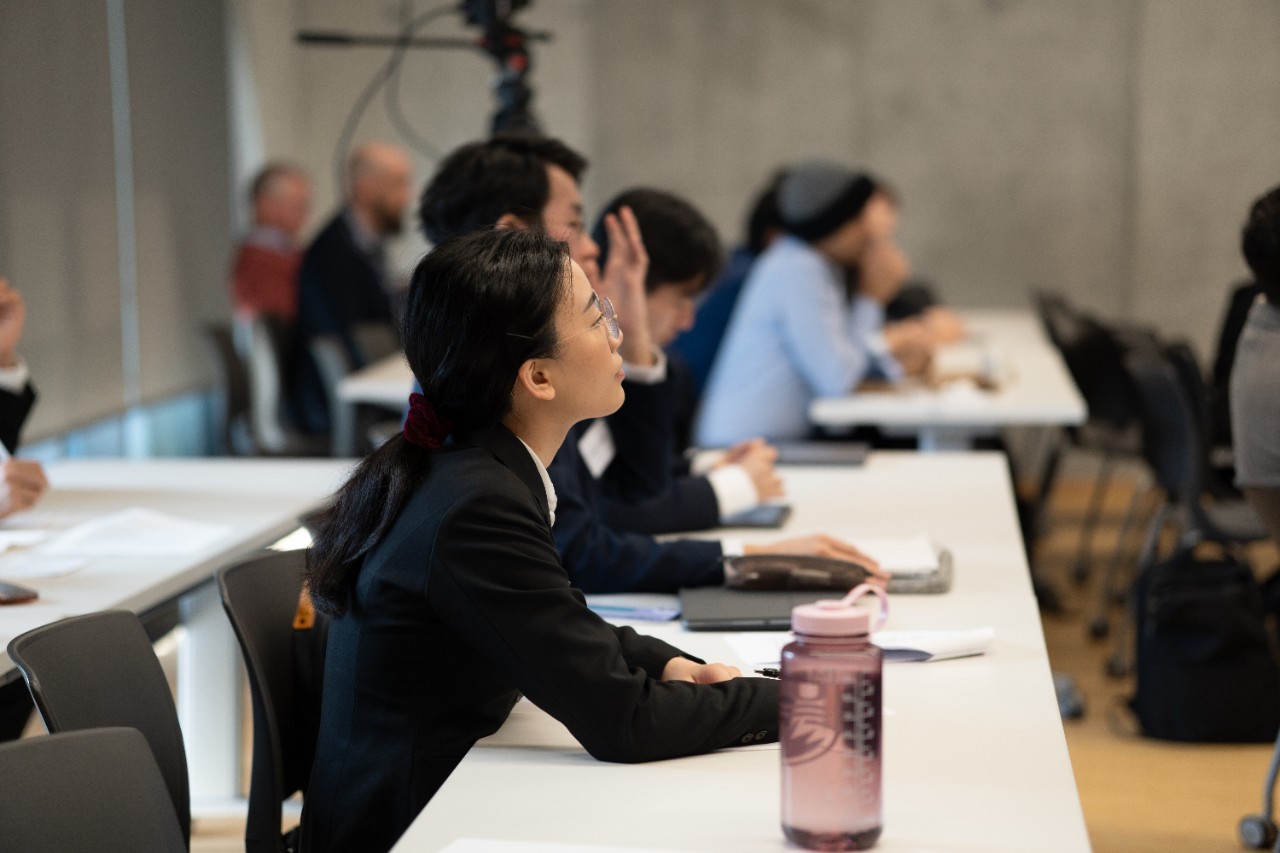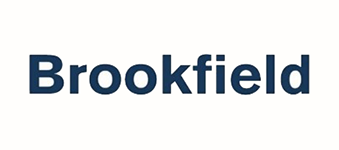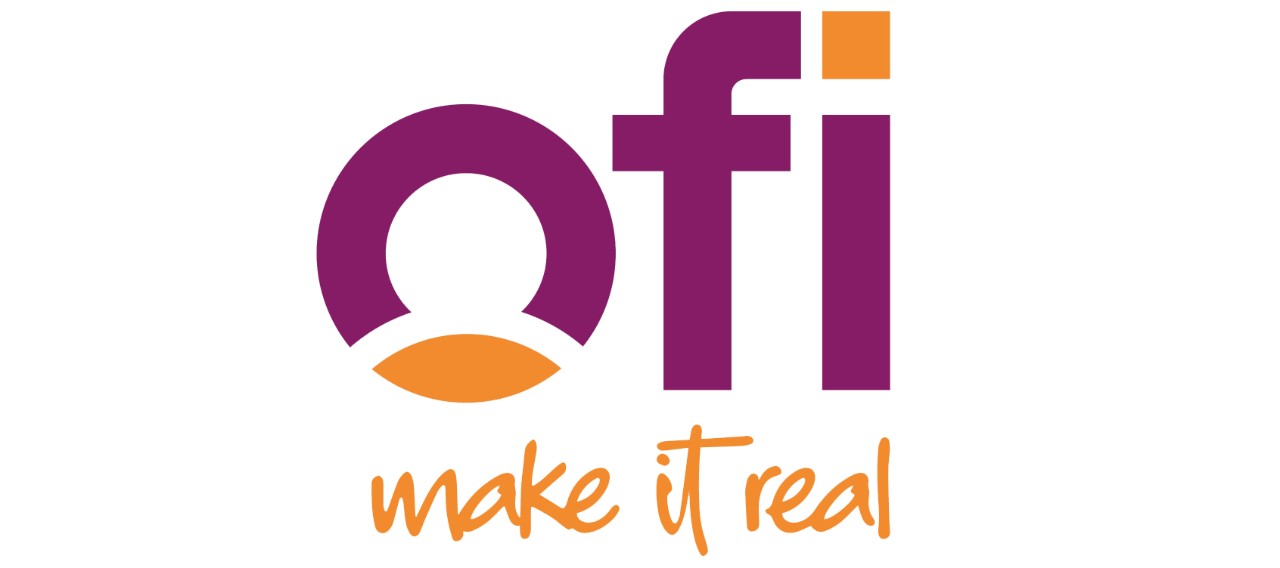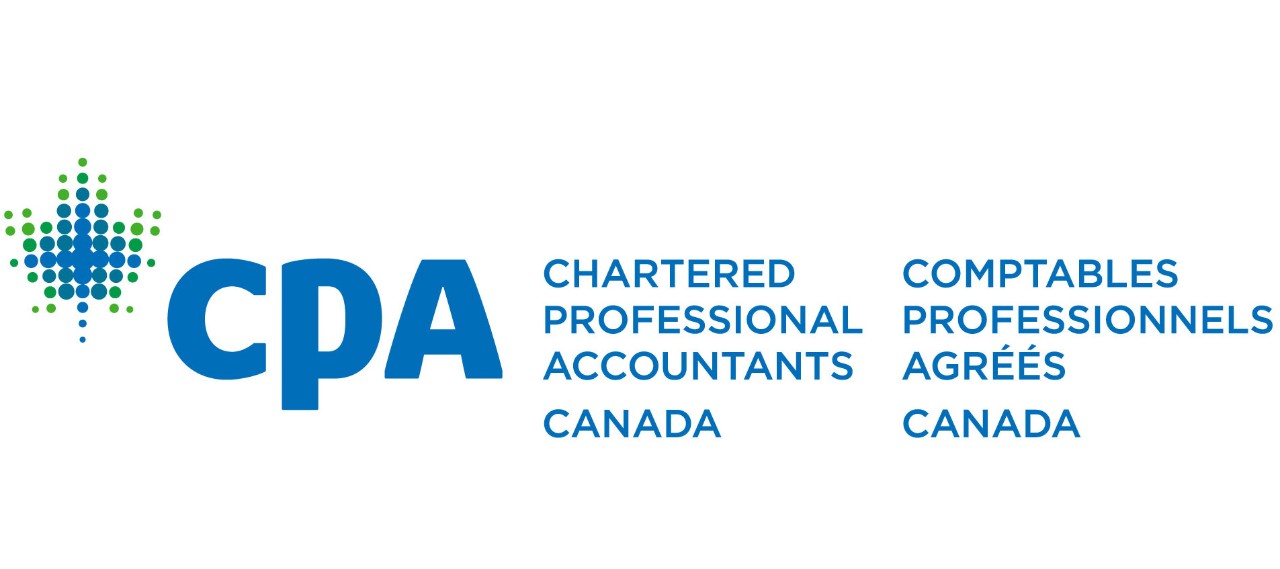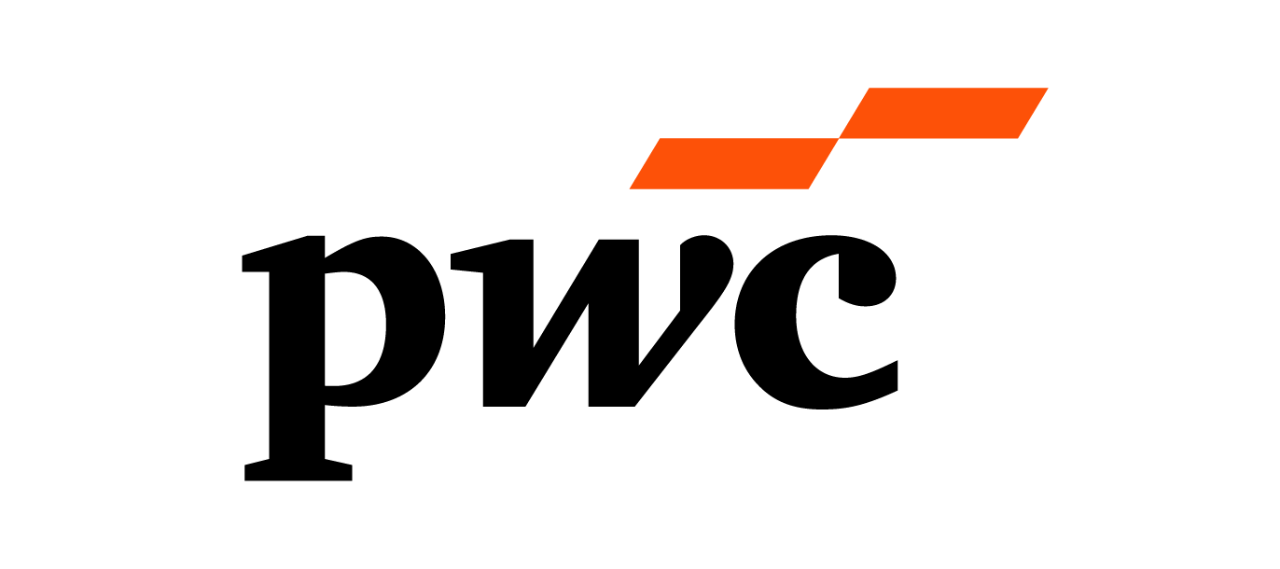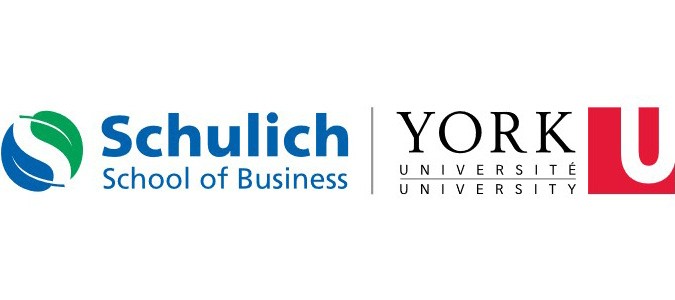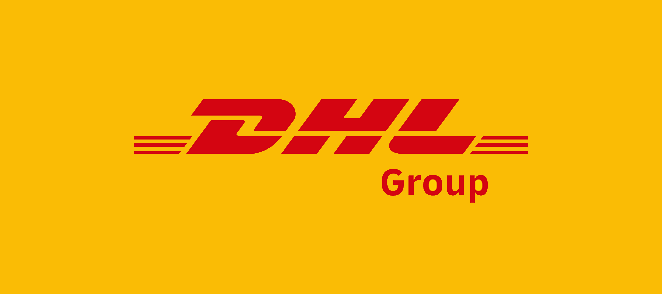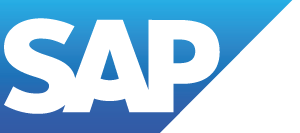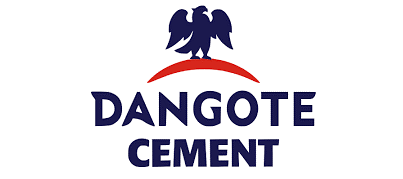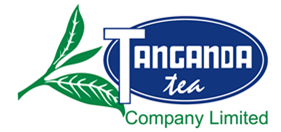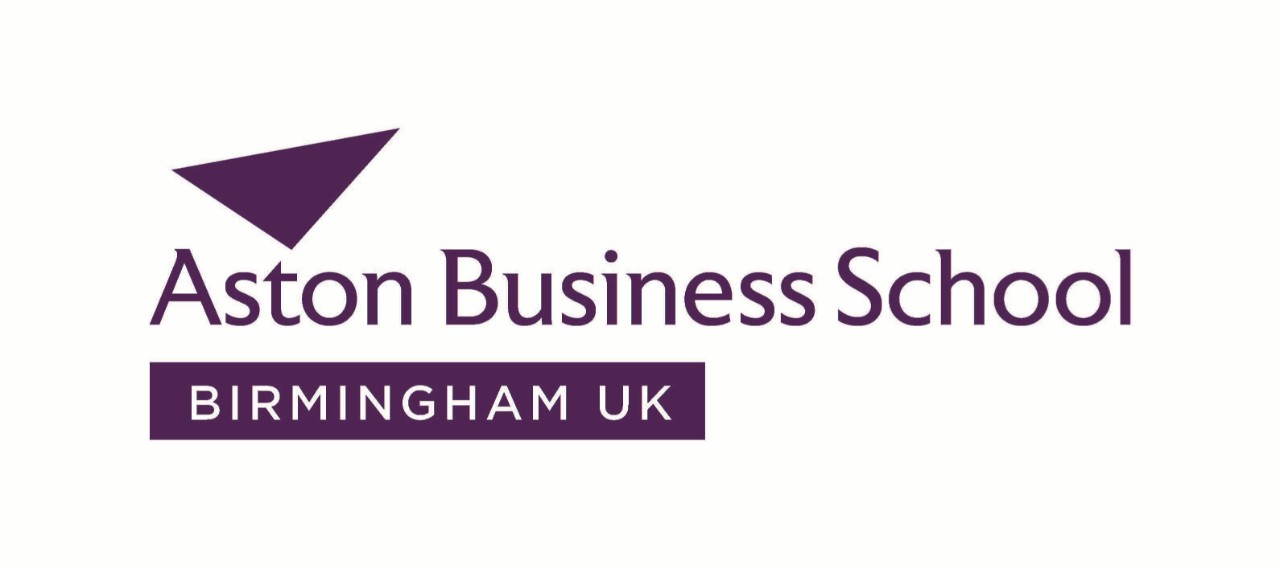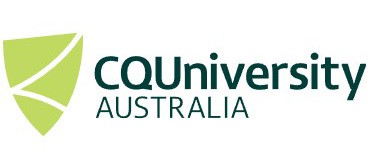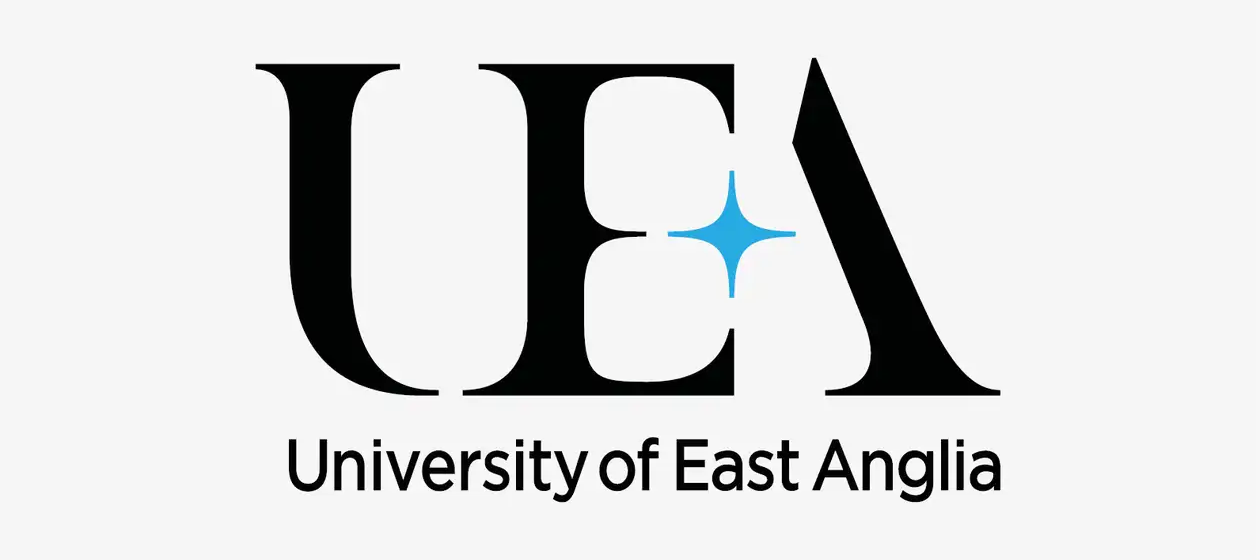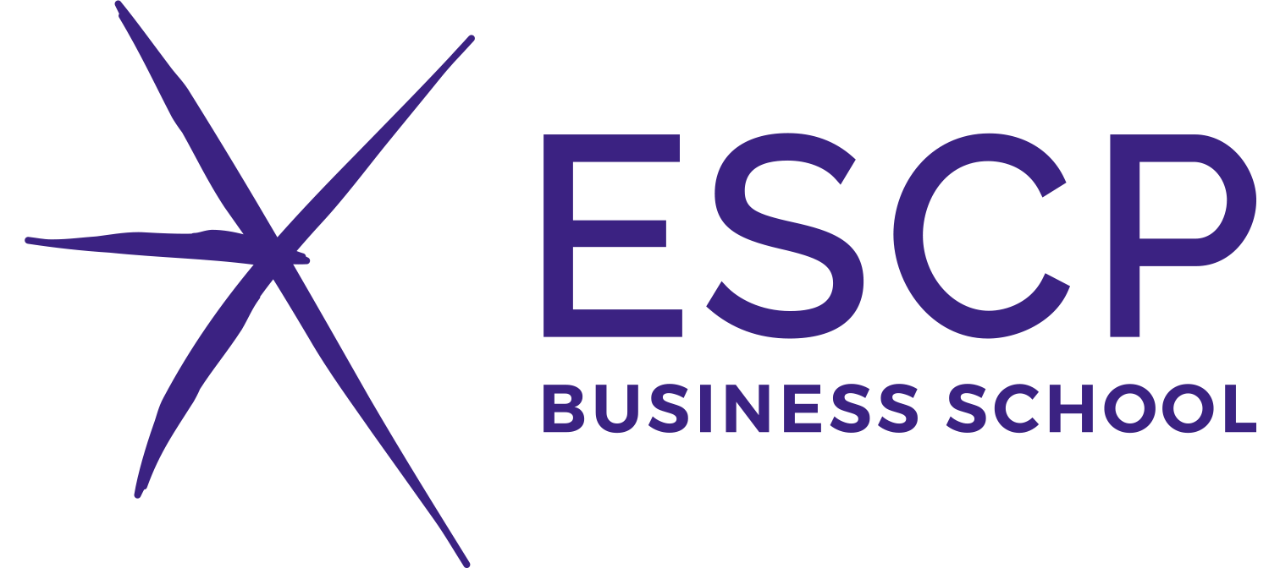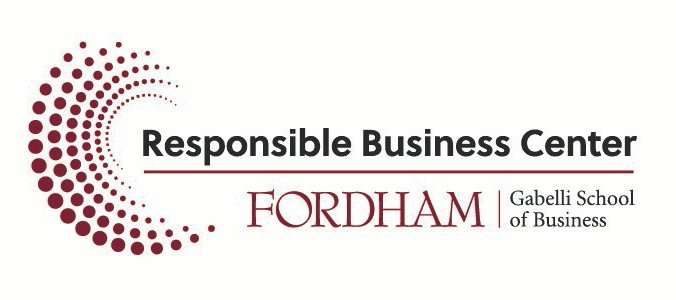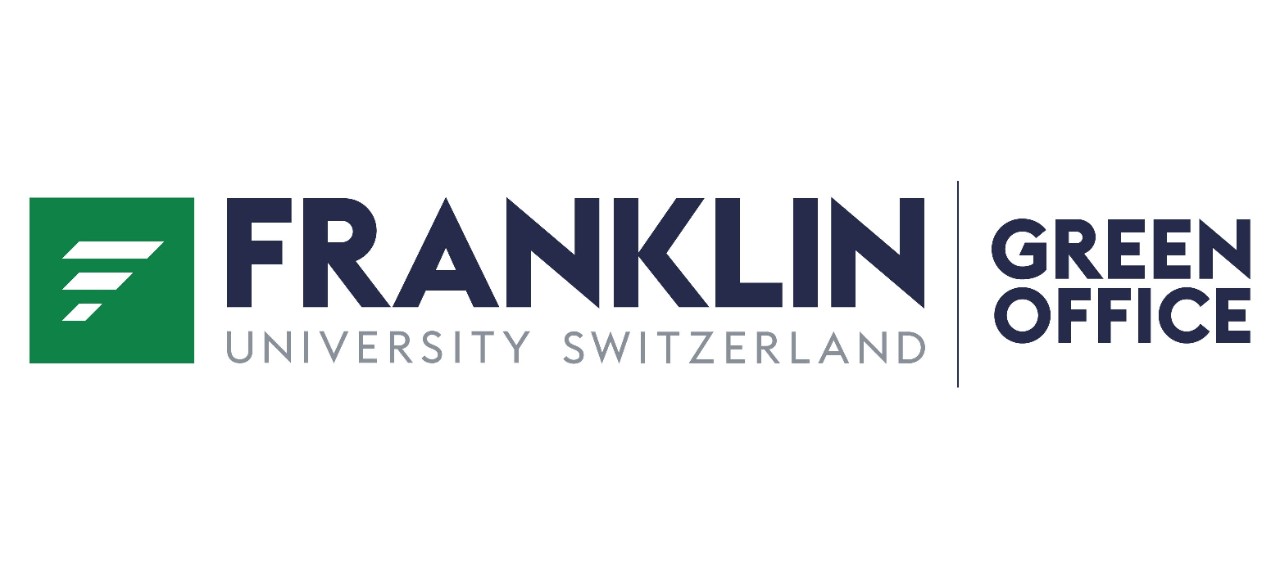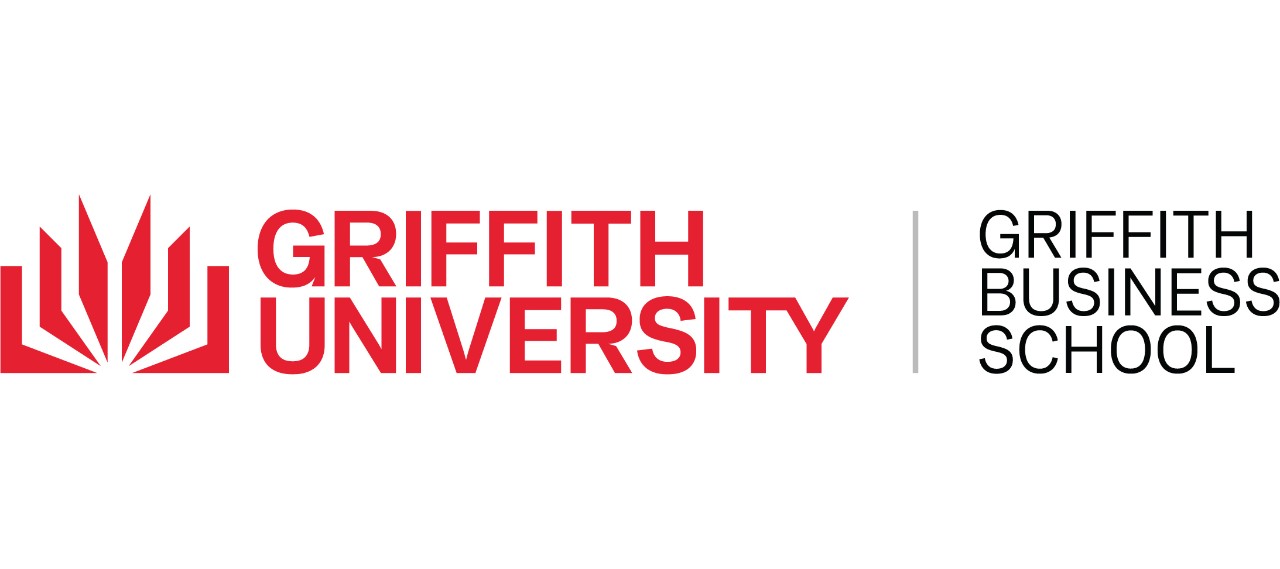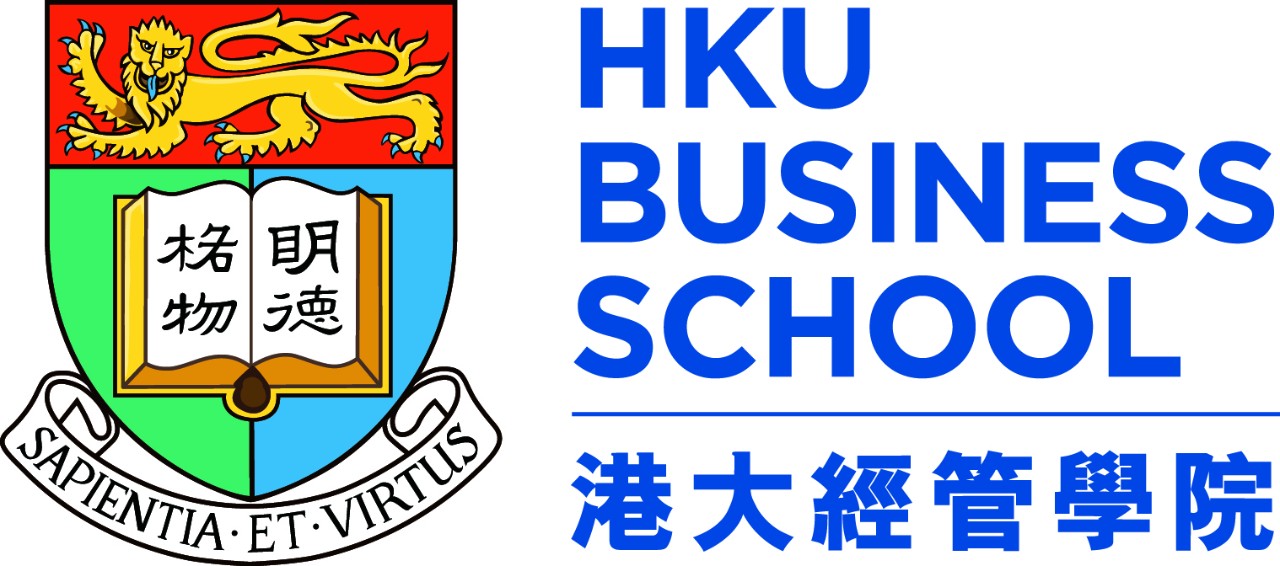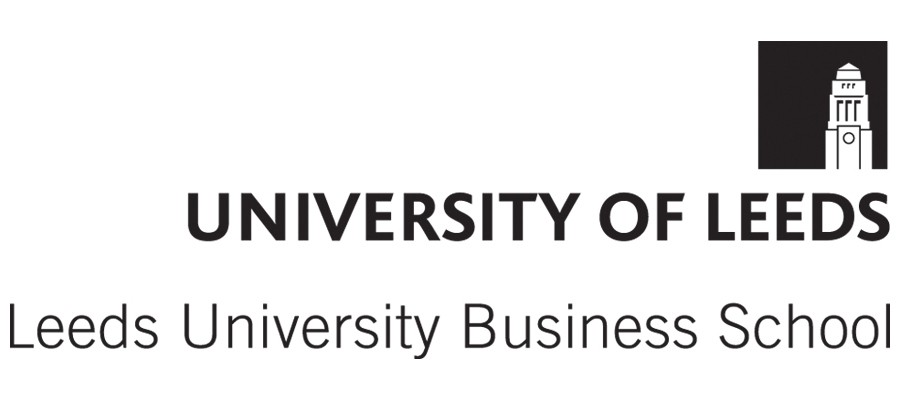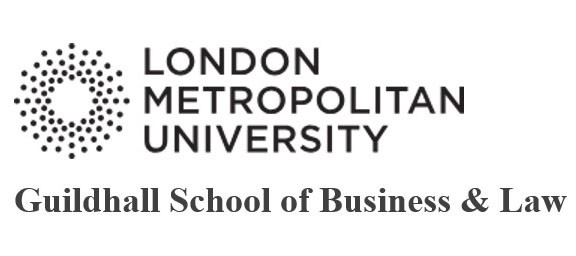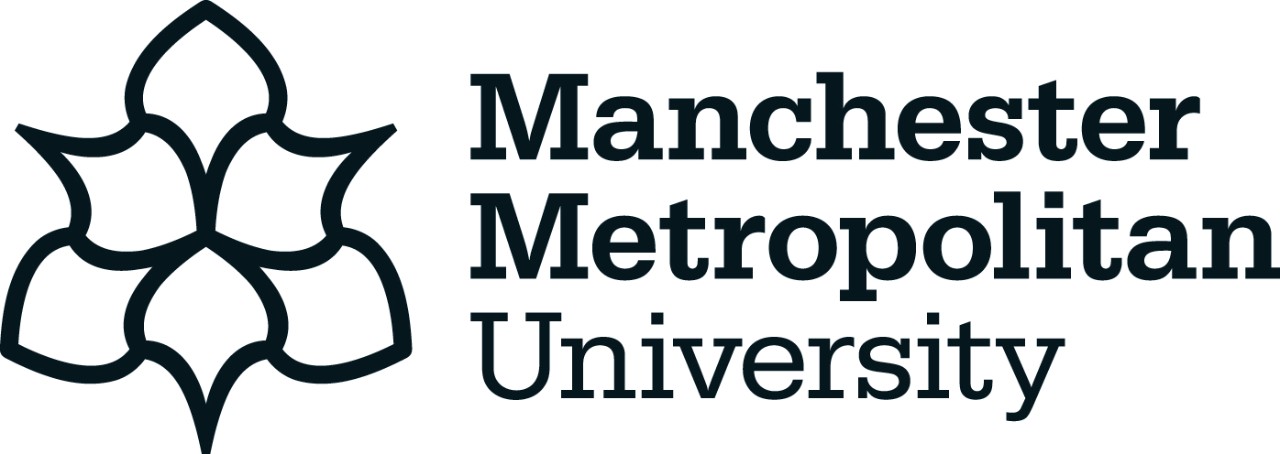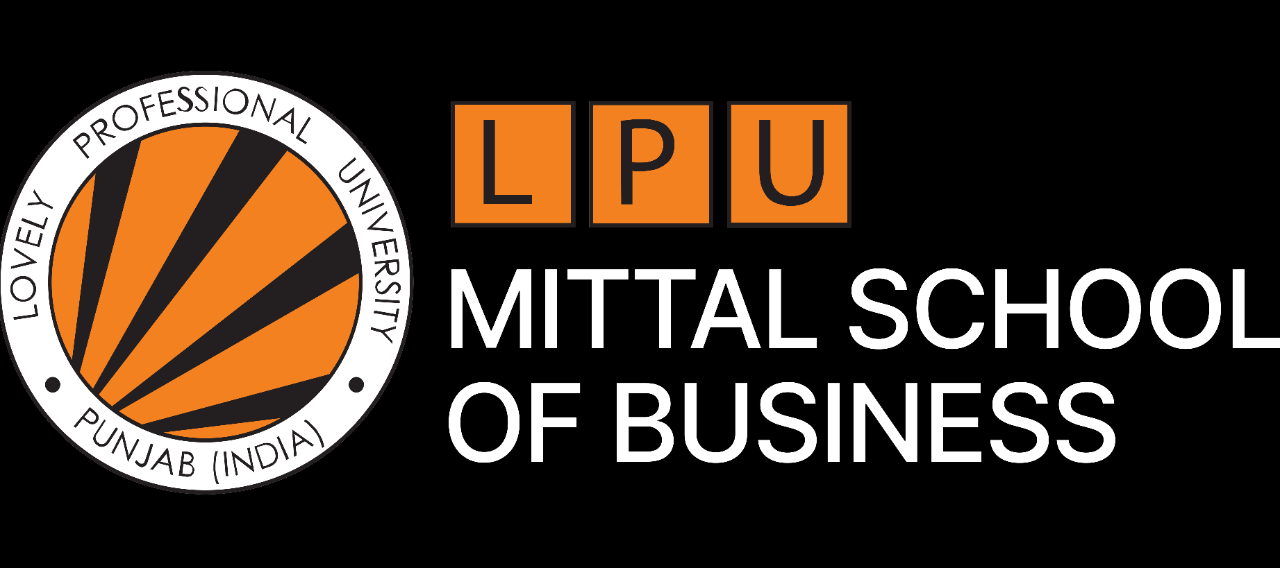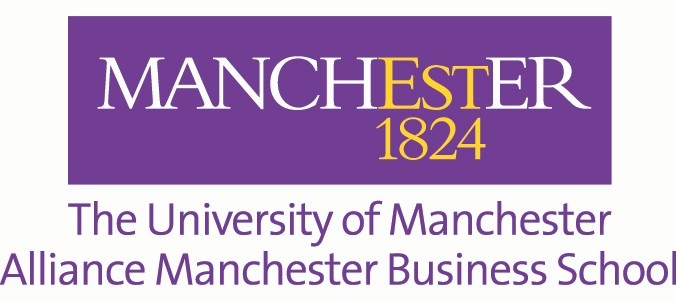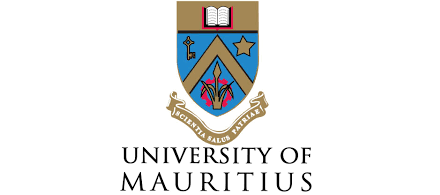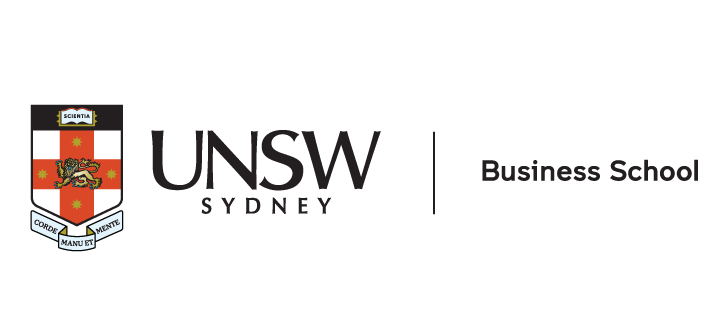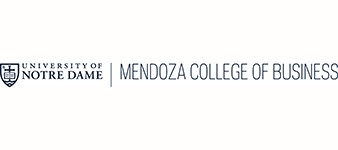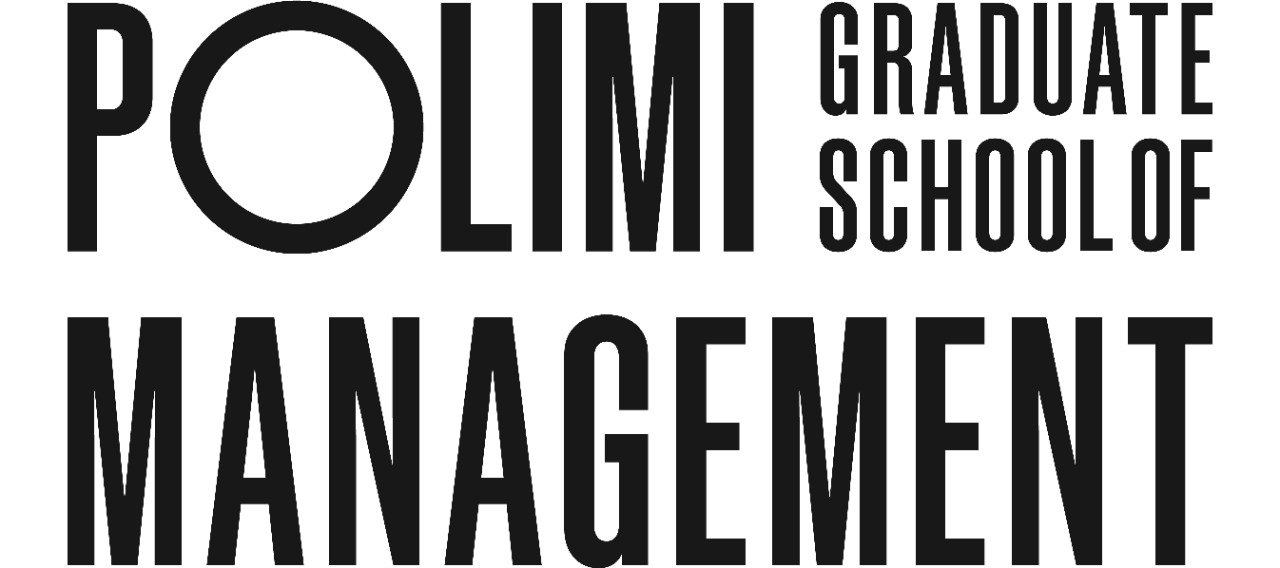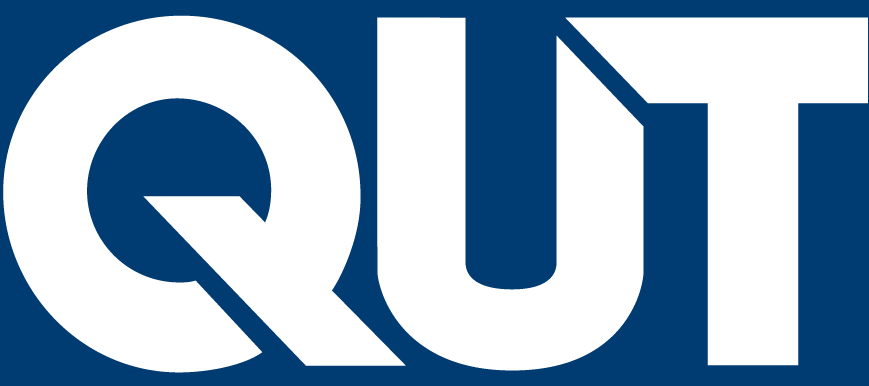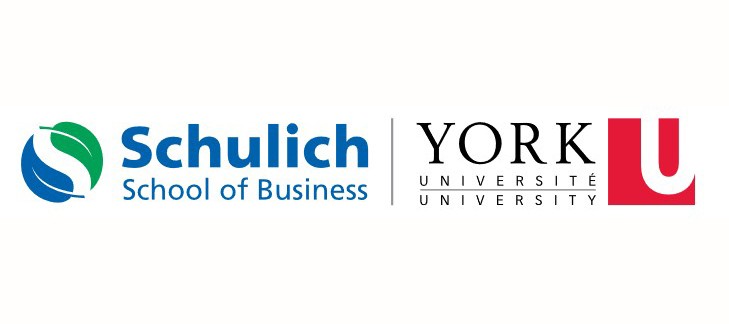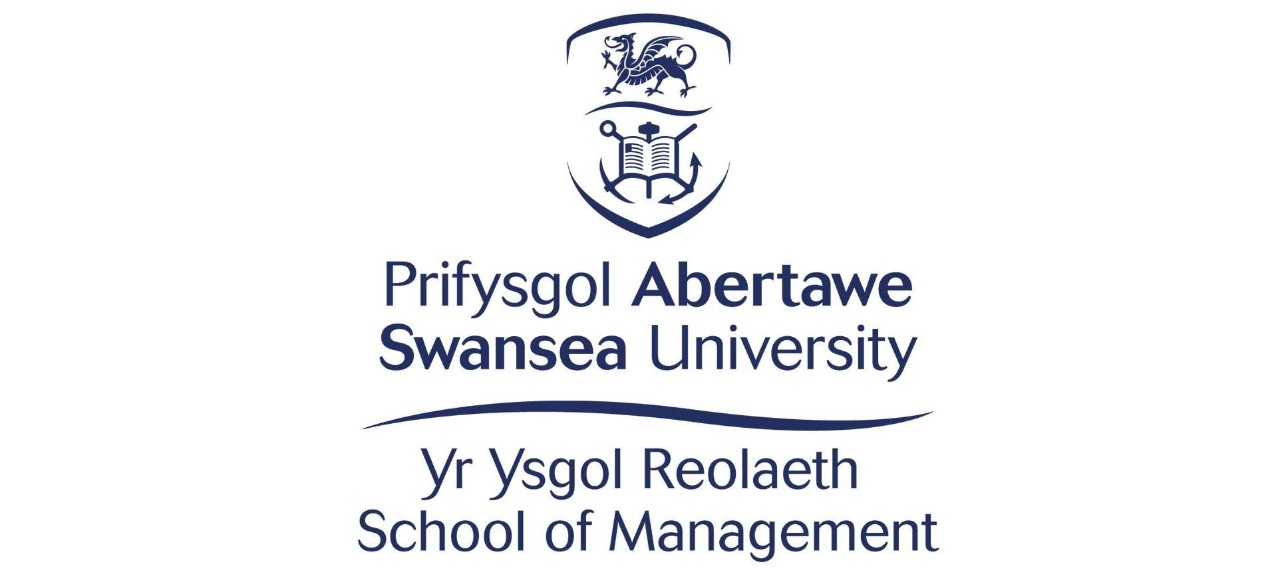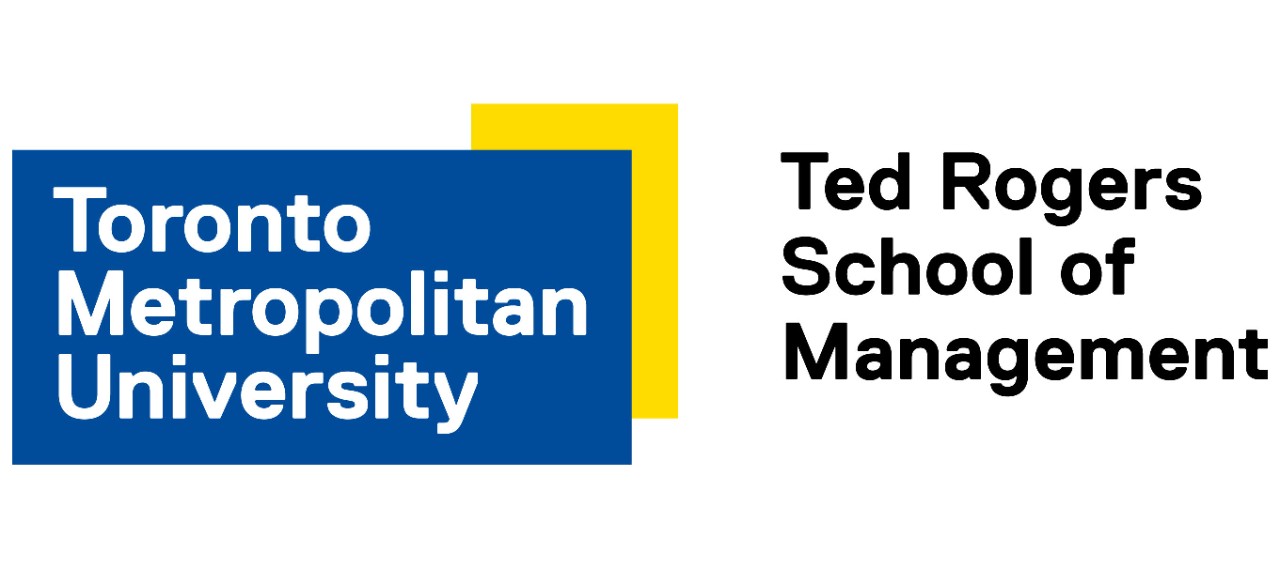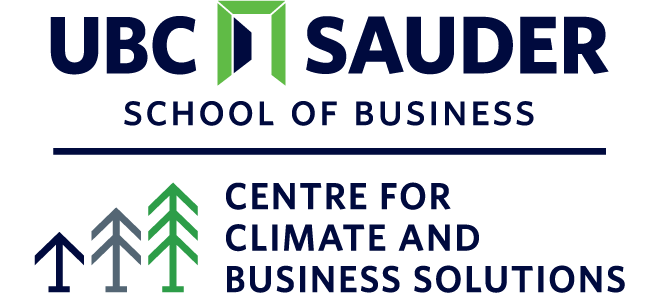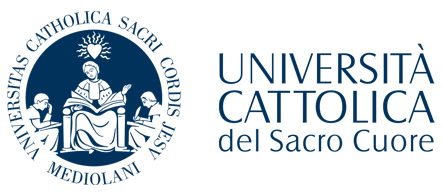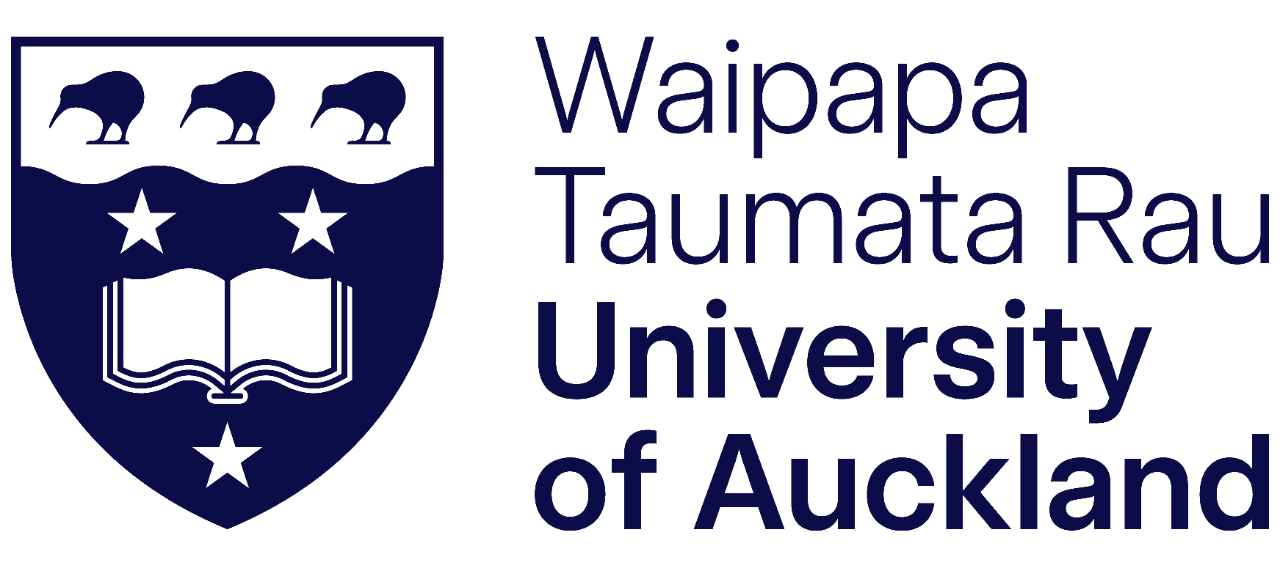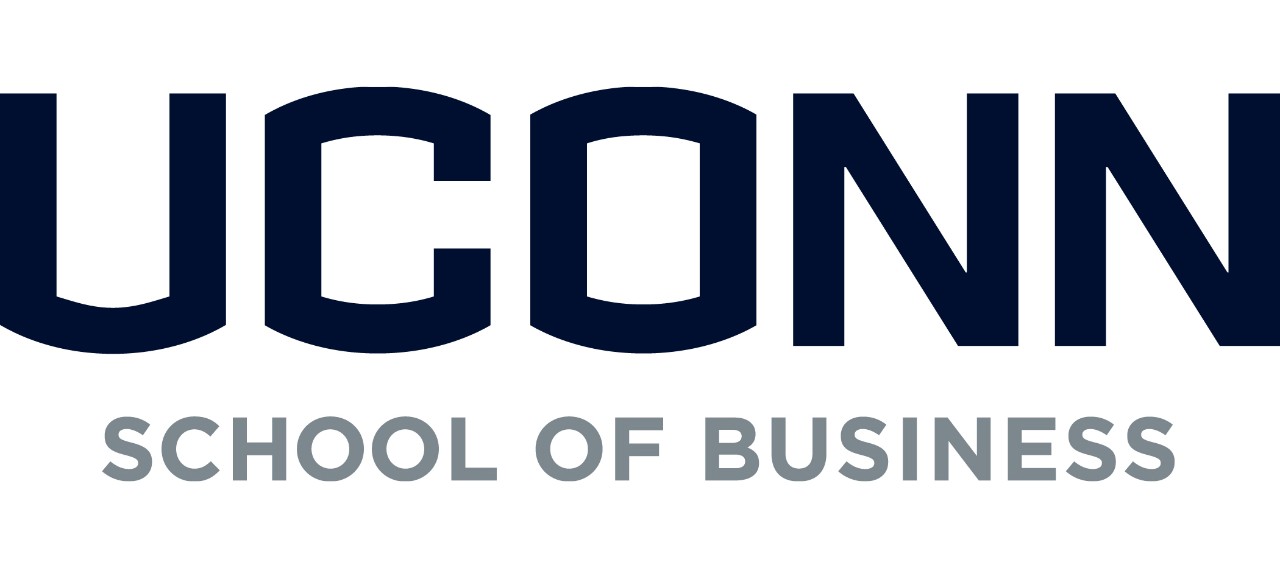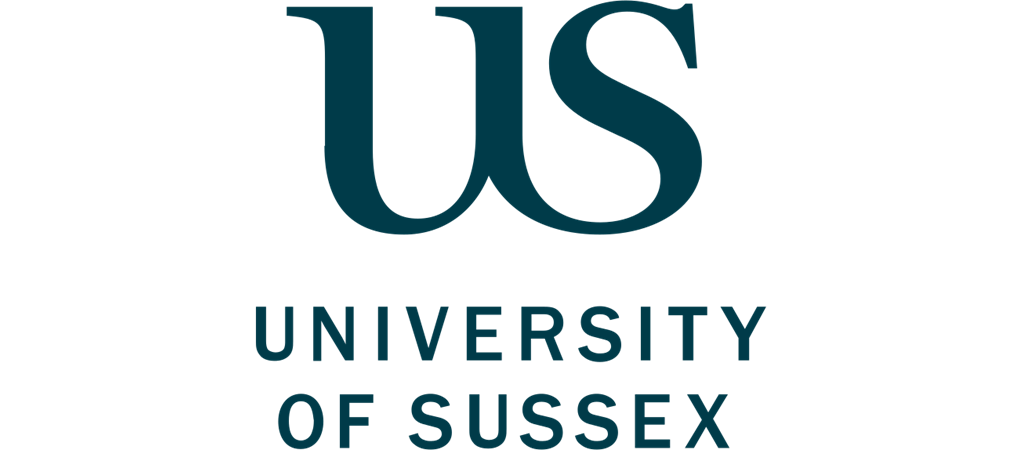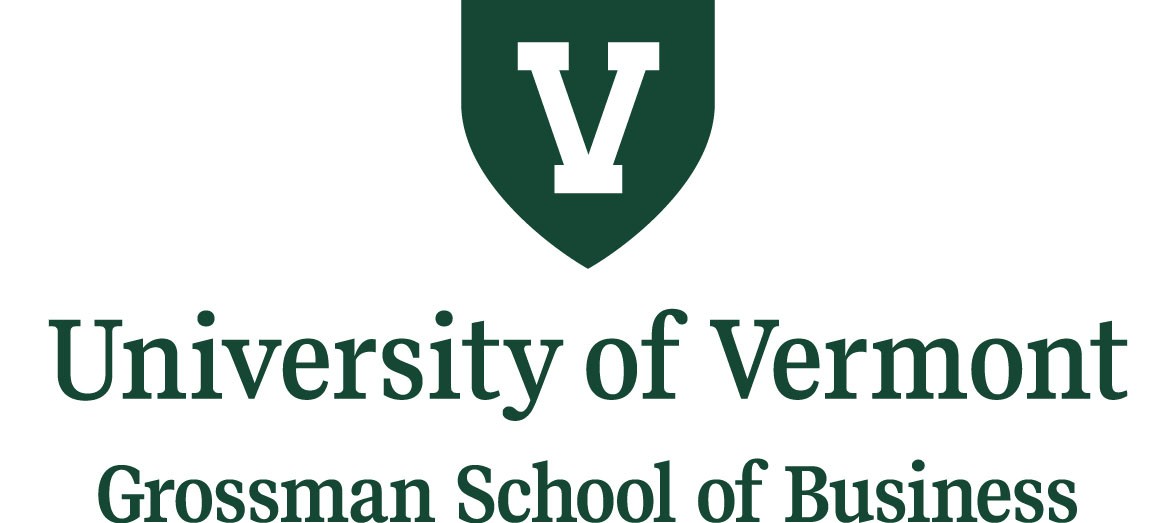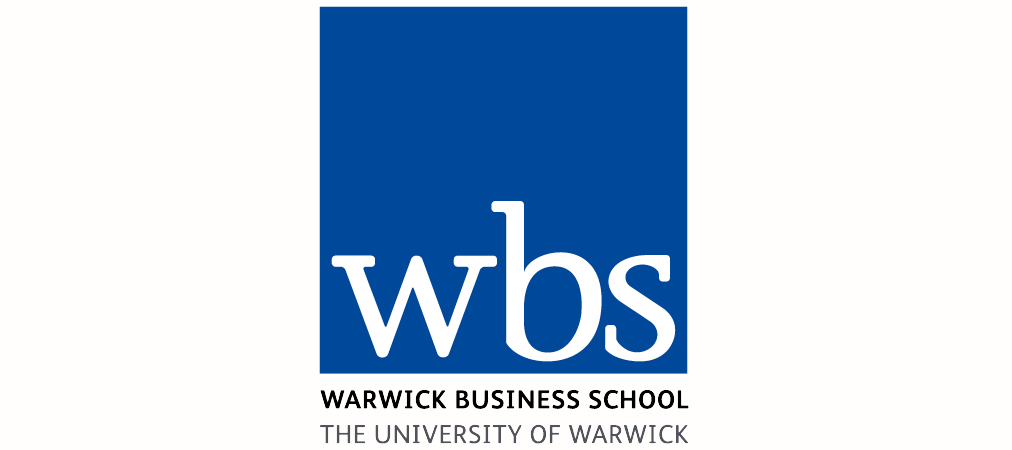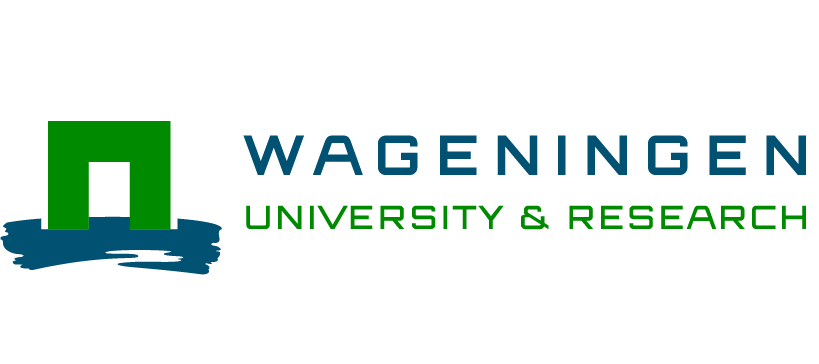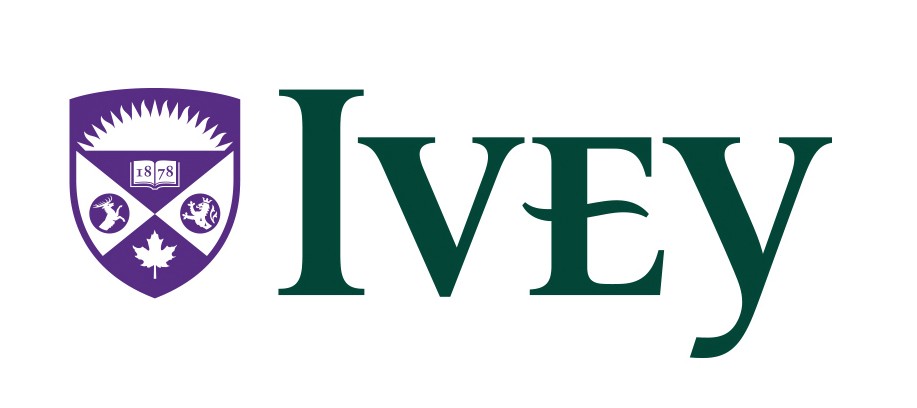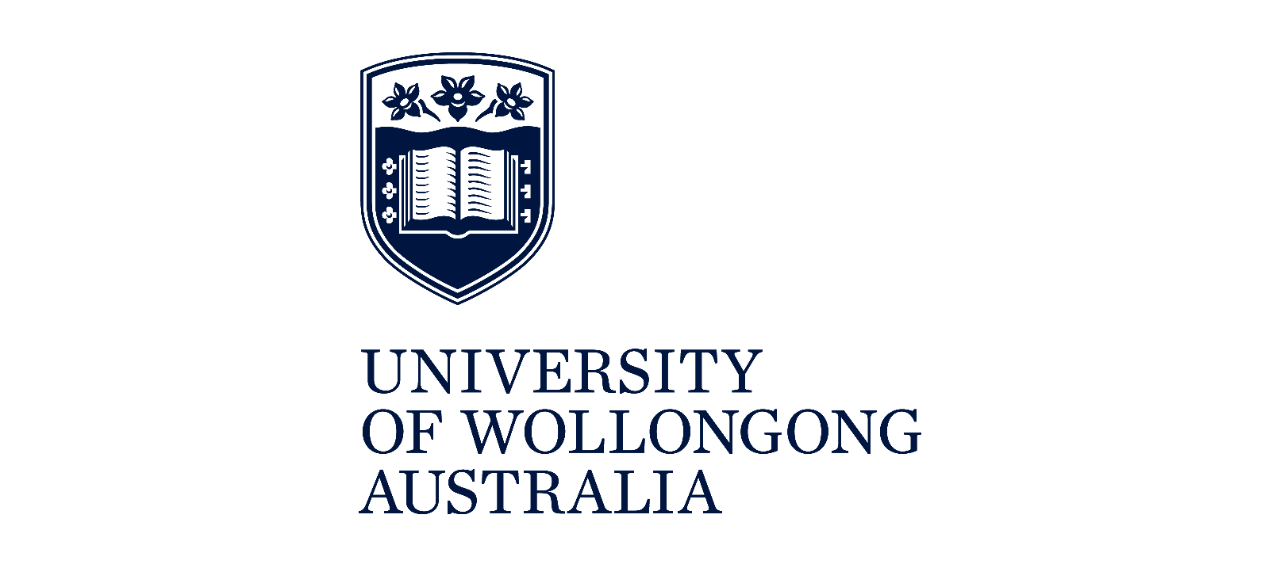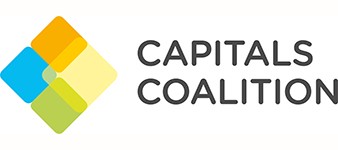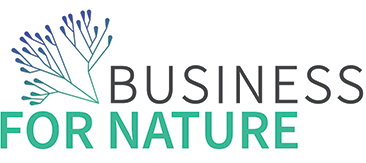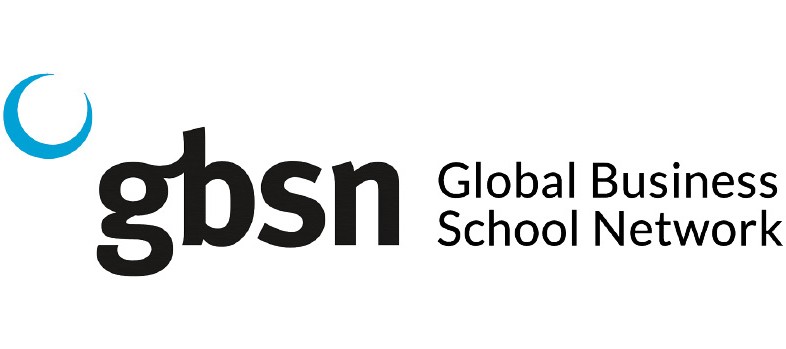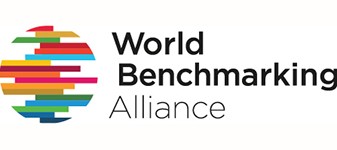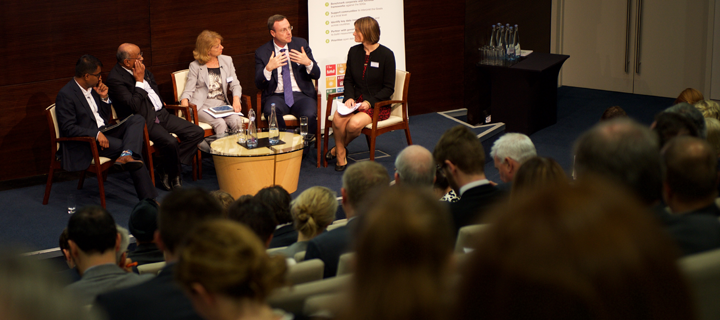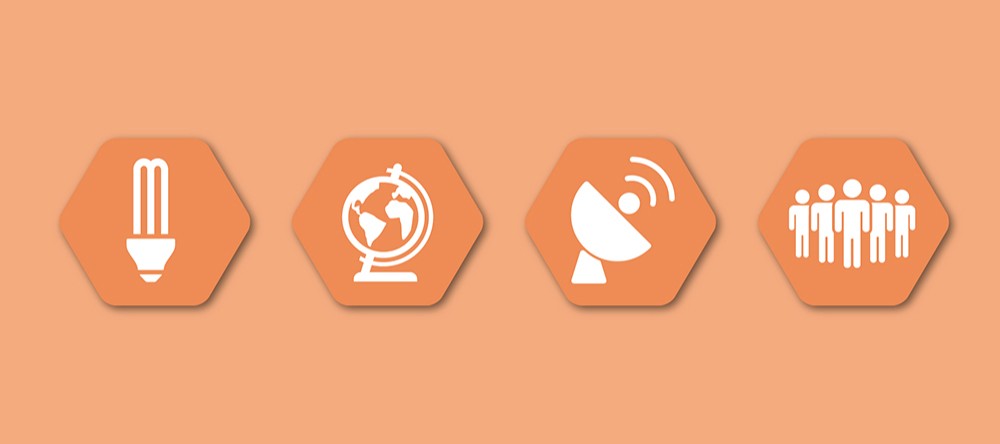A4S International Case Competition
The competition
The A4S International Case Competition (A4SICC) is an exciting opportunity for students across the globe to help shape a future where sustainable business is business as usual. This is the chance for your ideas to be seen and heard by leaders from some of the world’s largest and most influential companies.
With a different focus every year, the A4SICC attracts a diverse group of business and accounting students – the business leaders of the future – and harnesses their drive and creativity to help today’s business executives solve some of the world’s greatest challenges.
This year, we invite students to work together as action-oriented problem-solvers to focus their skills on the business case for nature.
We encourage teams to register their interest in the competition early, including sharing which company they intend to focus their entry on. This will allow us to approach a selection of companies inviting them to support the competition.
The competition is free to enter.
We are delighted to share that the A4SICC 2026 semi-finalists are:
- Blue Cage
- Blue Diyatha Analytics
- Bulaksumur
- CircuLab X
- Dropbear Advisory
- ECOETIC
- Ecoflux
- Grass Fed Strategists
- Greenflow
- HappyPineapple
- Loop
- Nature 500
- NewPasture Advisory
- President Consulting
- RE:VIVA
- REMI Solutions
- SHOOT cellulose
- Team Baloo
- The Evergreen Collective
- Water Specialist
Internship opportunities
In 2026, internships are available at ofi and Brookfield. You can find all the details for the internships available below.
Please note that the internship application is on an individual basis and is separate to the team competition entry form.
Watch last year's highlights!
Key information
- Prize – CA$10,000 for the winning team and CA$5,000 for the runner-up.
- Timing – the entry window is open from 3 November 2025 to 14 December 2025. Semi-finals take place 9–13 February 2025, with the final 26–27 March 2026.
- Format – video pitch, executive summary and cost-benefit analysis.
- Language – English.
- Participants – the competition is open to teams of 3–5 students and attracts both graduate and undergraduate students. There are no restrictions on the discipline(s) you are studying, but the financial rigour of models presented will be carefully evaluated, so a healthy dose of business/accounting acumen is strongly recommended.
- Geography – global. Semi-finals will take place virtually, and the in-person final is in Toronto, Canada (a travel fund is available).
Download our Competition Entry Guide for more details.
The case 2026
The A4SICC 2026 is focused on the business case for nature. We are inviting students to:
- Select a company and identify its organization-specific drivers of action on nature.
- Build a persuasive business case to act.
- Propose action(s) to respond to the business case, considering commercial viability, tangible business benefits and impact on the natural world.
- Conduct a cost-benefit analysis to support your proposal.
- Prepare a compelling pitch to the CFO.
Download our Competition Entry Guide for more details on the task and top tips for your submission.
Background and context
Nature is the foundation on which all organizations depend to create value. It underpins the financial returns of businesses and the capital markets, and the growth of the wider economy:
- 55% of the world’s economic output – equivalent to US$58 trillion – is highly or moderately dependent on nature.
- 85% of companies in the S&P Global 1200 index – 1,200 of the largest companies in North America, Europe, Asia, Australia and Latin America – have a significant dependency on nature in their direct operations.
Despite this reliance on nature and the ecosystem services it provides, business operations have caused a significant decline in nature and biodiversity, mainly due to their lack of visibility in our financial system.
Capital markets have amplified this degradation, providing financing for activities that cause harm to the world’s natural capital. Failure to halt and reverse nature loss as a matter of urgency means we risk exceeding tipping points for the global ecosystem, with catastrophic results for humanity.
Businesses have a crucial role to play in reversing the damage already caused and preserving nature into the future. So far, their progress has been hampered by denial of the severity of the issue and a failure to make the connections between nature, financial value and wider business value. Developing a business case that recognizes this connection is a crucial step towards taking action on nature.
Download our Competition Entry Guide for more details.
Why get involved?
Beyond the cash prize, the A4SICC is a unique opportunity for students to:
- Access internship opportunities
- Connect with industry leaders and potential future employers
- Connect with students across the world
- Feel empowered and encouraged by developing viable solutions, with support from A4SICC mentors
- Develop much-needed, long-term solutions for a sustainable economy based on real-world data and insights
- Learn practical applications of business solutions
- Cultivate invaluable research, teamwork and presentation skills through professional and expert feedback and mentoring
- Have your voice heard in critical discussions around sustainable business development
- Inspire others, and be inspired by, a diverse range of perspectives, problems and solutions
FAQs
Do we have to be from a business school?
No, but the financial rigour of analysis presented will be carefully evaluated, so a healthy dose of business acumen is strongly recommended. You do have to be enrolled in a current higher education programme both at the time of your entry and during the competition (ie, graduating after 27 March 2026).
Is there any cost to enter?
No.
When can we submit our entry?
The competition entry window opens on 3 November 2025 and closes on 14 December 2025. Register your interest now to access additional learning resources, attend our information sessions, and receive A4SICC bulletins with tips and guidance on preparing your submission.
Which company should I base my entry on?
Your entry should be based on one of the world’s 2,000 most influential companies form the World Benchmarking Alliance SDG2000 list. The SDG2000 list shows the 2,000 most powerful companies that will have a big impact on how things turn out in the future.
Do we need to have any previous knowledge about our selected company or developing a business case for nature?
No, you don’t need to have previous knowledge about your selected company or developing a business case for nature. However, submissions should show an understanding of the company and showcase what you have learned about business interactions with nature. You should use your business and analytical skills to determine and explain your proposed actions – we do not expect you to provide lots of technological, engineering or ecological details.
You should also show your understanding of potential wider implications of your proposed actions, such as possible risks or unintended consequences. We provide detailed guidance on what your entry should consider and a reading list to help you.
What do you mean by priority action(s) to respond to one or more of the most compelling drivers?
Each entry needs to focus on at least one nature-related risk or opportunity that the company is facing and propose one or more priority actions to respond effectively. Entries are judged on your submission’s potential to bring about tangible business benefits and positive impact on the natural world, giving due consideration to the practical implementation of your proposed actions.
Are we getting any mentors/coaching for this case competition?
Mentoring and coaching will be available for all semi-finalist and finalist teams.
Is there any funding available for competition entrants?
There is a travel fund available for the finalist teams. All finalist teams must complete and submit the travel fund application form which will be included in the information pack for finalists. The final allocation will be determined once all applications have been reviewed. While we cannot guarantee the travel fund will cover all costs, we will take into account individual needs. We will publish our policy to the finalists, but please note it can only cover economy-class travel and reasonable accommodation. We do not generally cover meals.
Download our Competition Entry Guide for more detailed FAQs pertaining to the competition and task.
Key sponsors
Co-hosted by
Other corporate supporters
Are you a company interested in supporting the competition? Find out more – a4sicc@a4s.org
See what previous winners have to say...
Teams Greenify and High On Hemp highlight the benefits of competing at A4SICC 2023.
Teams Greenify and High On Hemp share advice for future A4SICC applicants.
Explore previous winning team ideas
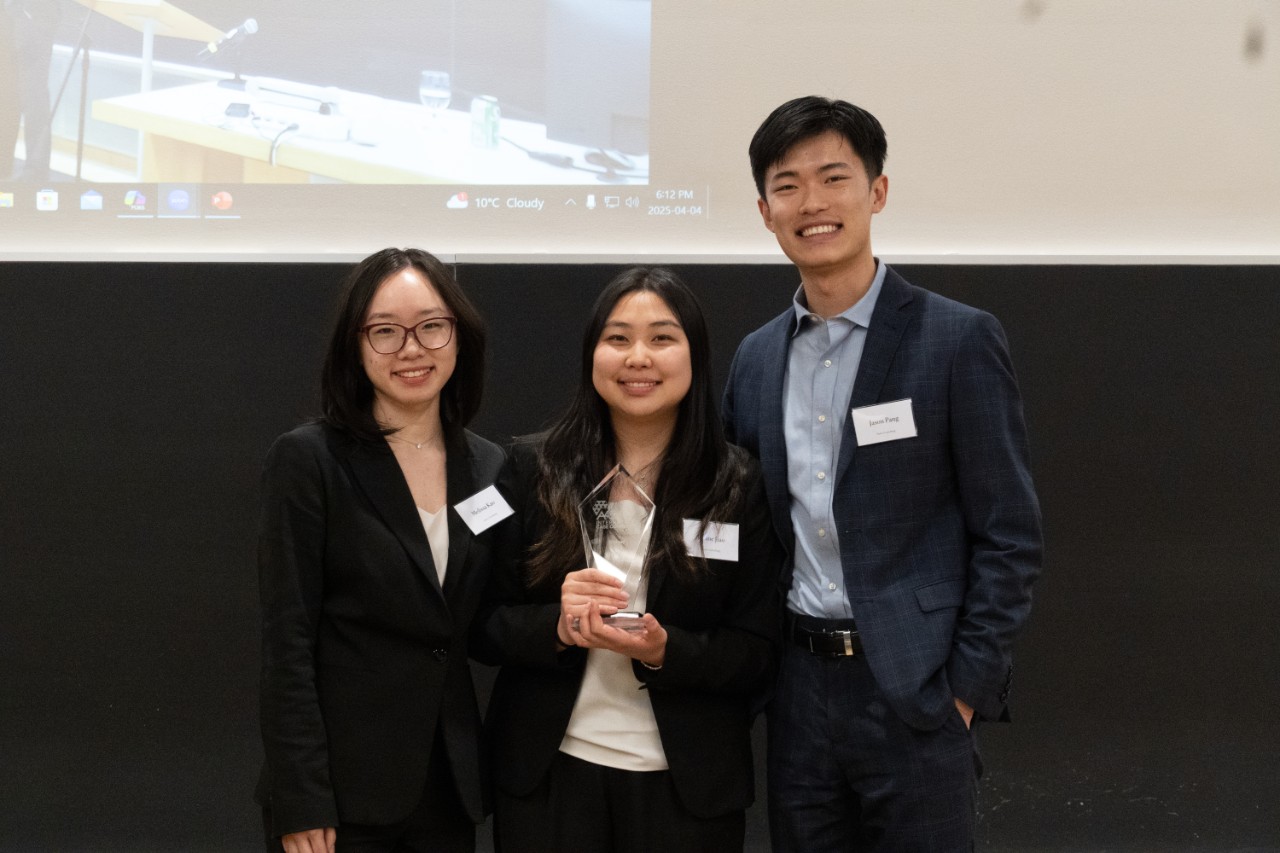
2025 winners – Enact Consulting: Biogas digesters to decarbonize Canada's dairy industry
This year, the students were challenged to consider corporate decarbonization within the broader context of a fair and just climate transition. Teams had to choose one of the world’s 2,000 most influential companies from the World Benchmarking Alliance SDG2000 list and propose one (or more) solution(s) to one (or more) identified challenging areas of the company’s decarbonization strategy. This included an executive summary, a cost-benefit analysis and a presentation setting out their proposal for the company’s CFO.
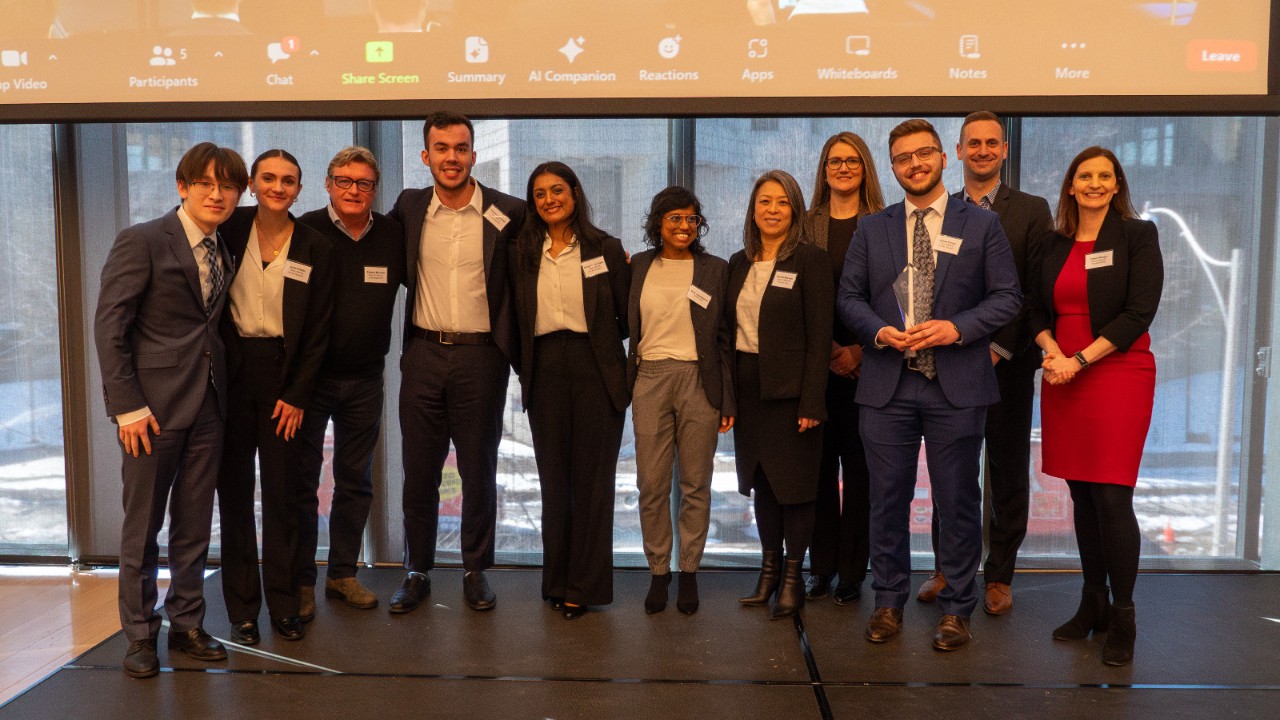
2024 winners – Team Mining for the Solution: Sustainable Sourcing from ASMs
This year's contest focused on 'Adapting Business Models to Support Human Rights for All'. We challenged students to ito select one of the 127 of the world’s most influential companies assessed by the World Benchmarking Alliance (WBA) in the 2022 Corporate Human Rights Benchmark, examine potential impacts on human rights in corporate business models and strategies, and to develop innovative business practices, approaches and solutions where profits and a commitment and action on human rights go hand in hand.
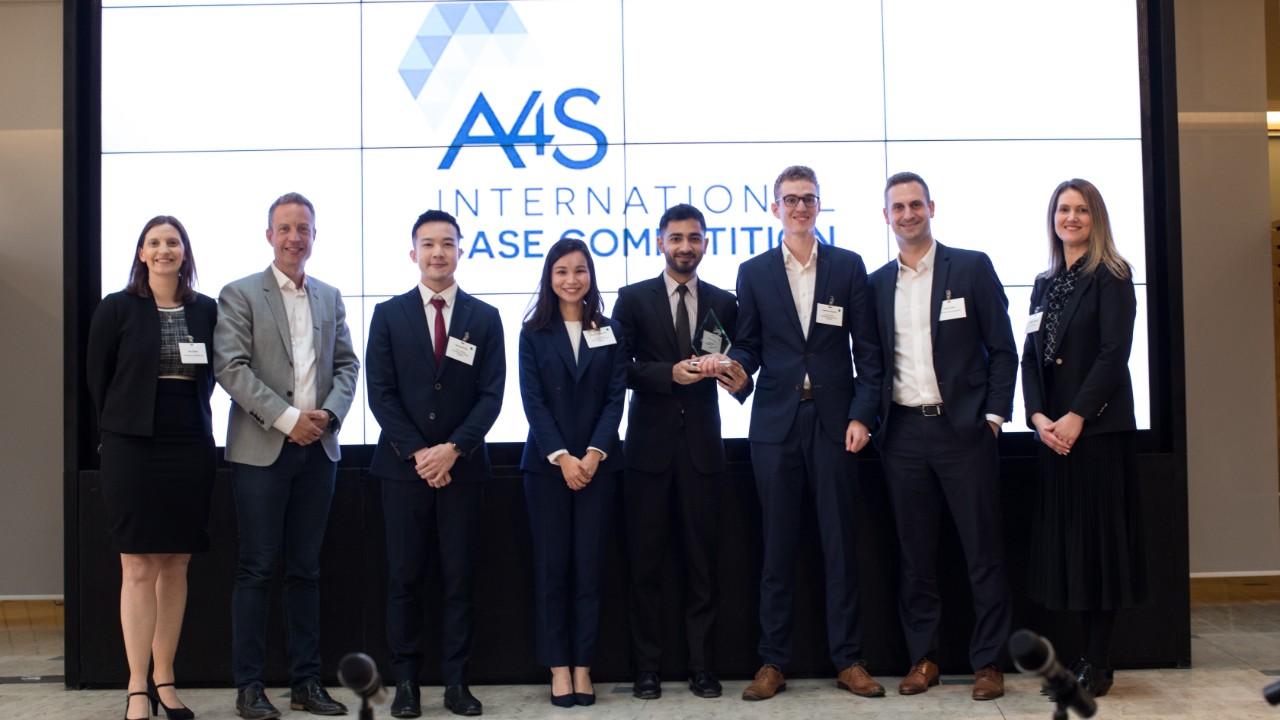
2023 winners – Team Greenify: Using green walls to cool our cities
In 2023 we challenged students to identify ways to scale up nature-based solutions, in an impactful and resilient way. Team Greenify, from Nanyang Business School, Singapore won with their nature-based ‘Green Wall’ solution to reduce the energy needed to cool our cities from the urban 'heat island effect'. Their solution used an innovative financing model attractive to real estate owners.
WATCH TEAM GREENIFY’S ENTRY VIDEO
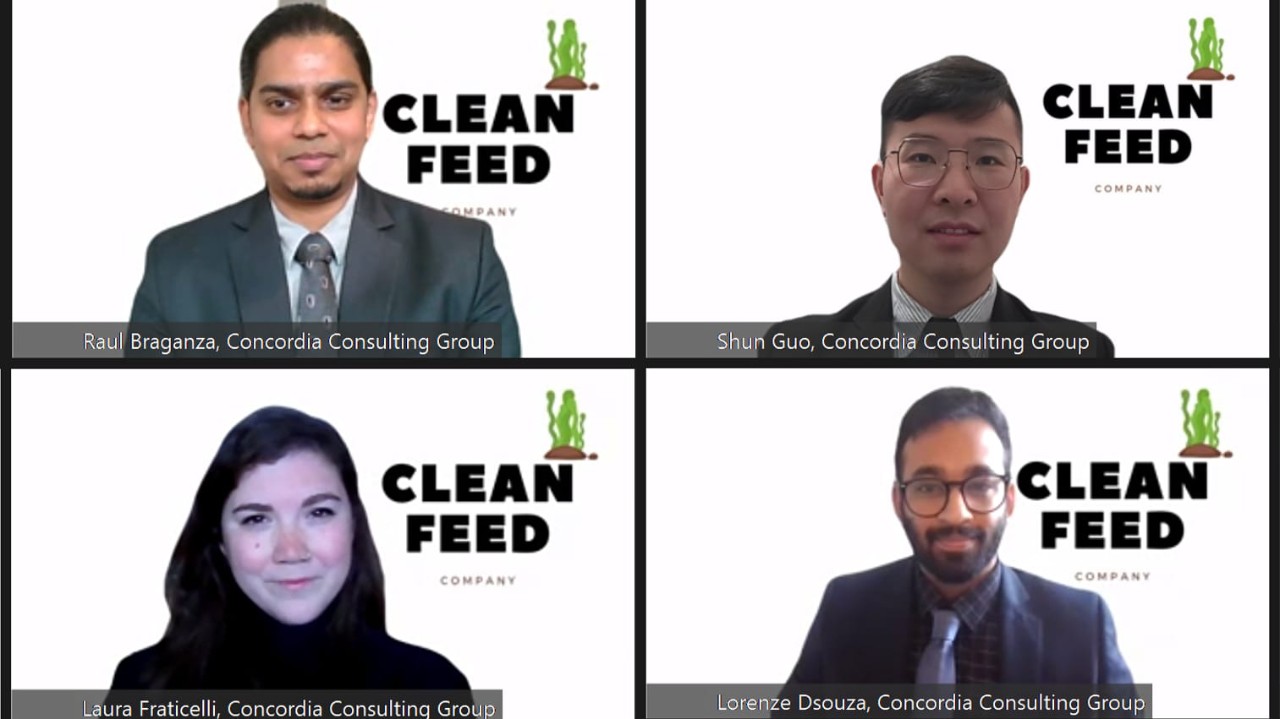
2022 winners – Team Concordia: Using seaweed to reduce cattle methane emissions
Team Concordia Consulting Group, from John Molson School of Business, Concordia University, Canada, won with their idea to achieve a carbon-neutral meat industry by distributing its product (seaweed) as a supplement to cattle feed. This improves the nutrition of the meat, and drives down methane emissions per cow by up to 60%. The competition in 2022 focused on designing real-world solutions to deliver a net zero society. Teams were asked to design actionable, measurable, commercial business and financial models that achieve these goals with sustainability at the core of their business’s strategy.
Note for teams: the competition rules change with each new iteration, so while you may use these examples to inspire your approach, ensure that you are aware of this year’s specifications.
Anchor Business Schools
Become an Anchor Business School
A4SICC Anchor Business Schools partner with us over a number of years, providing entrants to the competition every year. By becoming an A4S Anchor Business School, you commit to selecting at least one team of students to enter the competition. In return, we provide:
- Tutor educational materials
- Assessment rubric
- Guidance on integrating the case into programmes
This collaboration is flexible to each school, allowing you to embed the competition into programmes or extra-curricular activities as you wish.
If you would like to become an Anchor Business School, please complete the application form. We would be delighted to collaborate with you.

